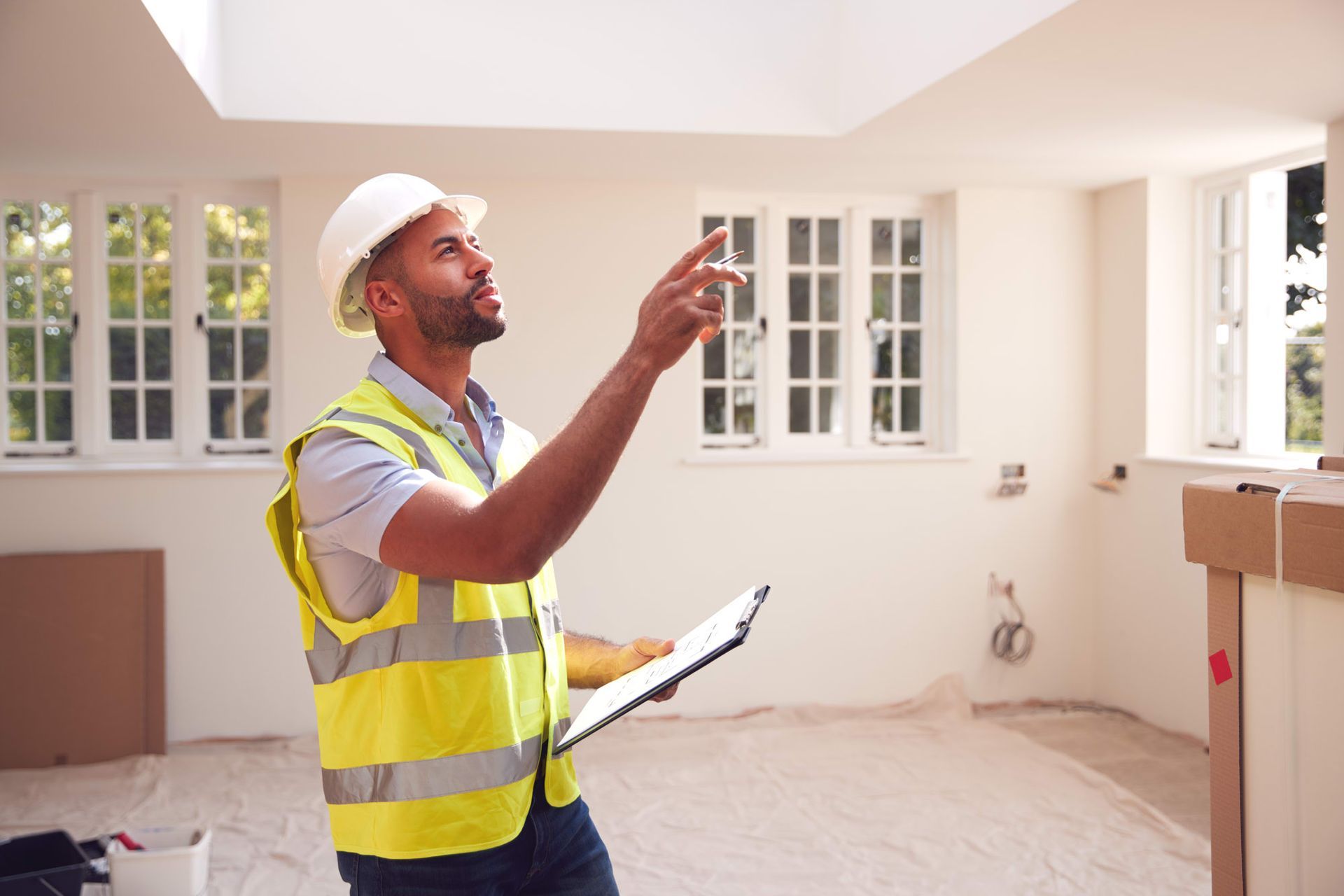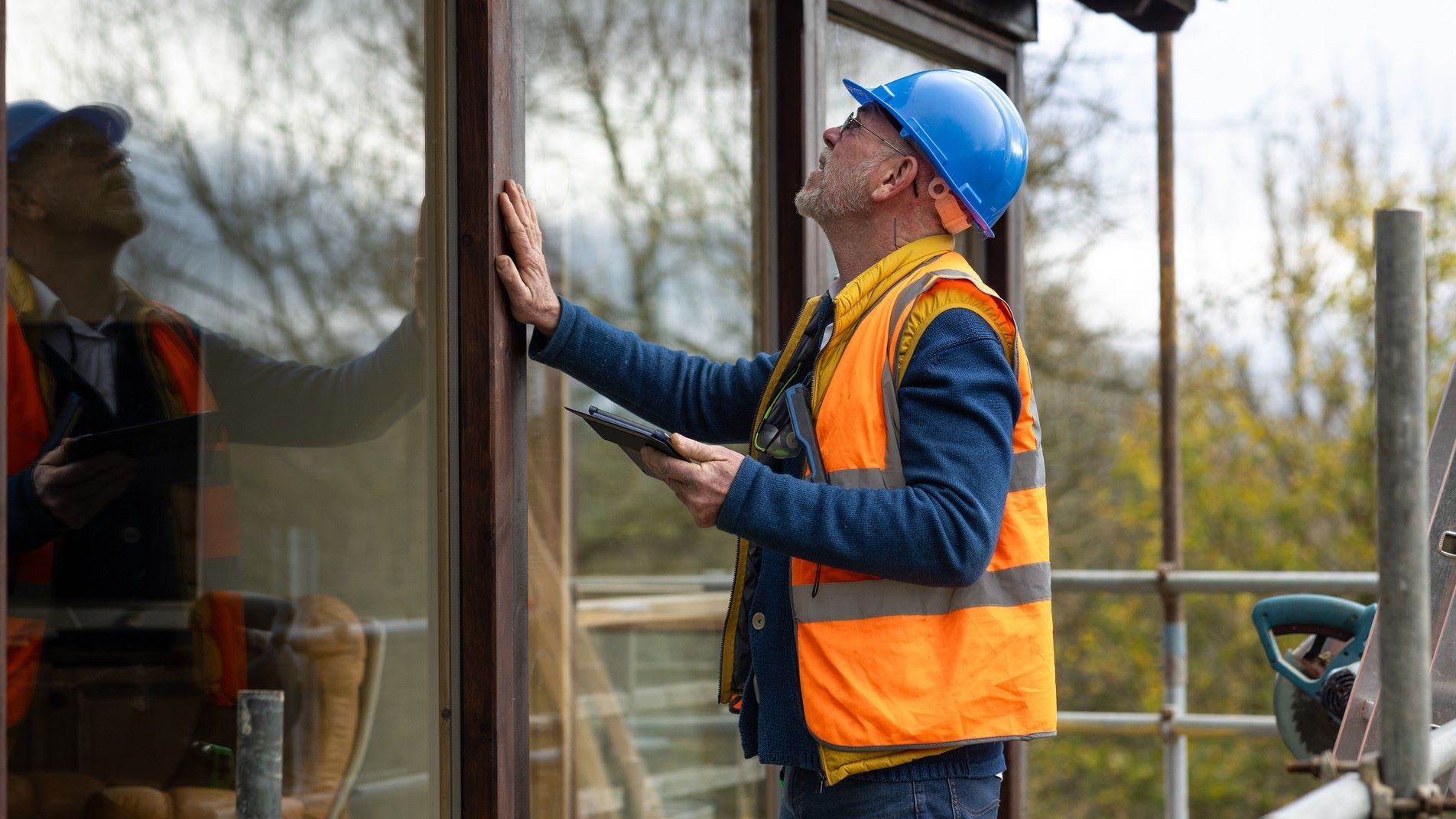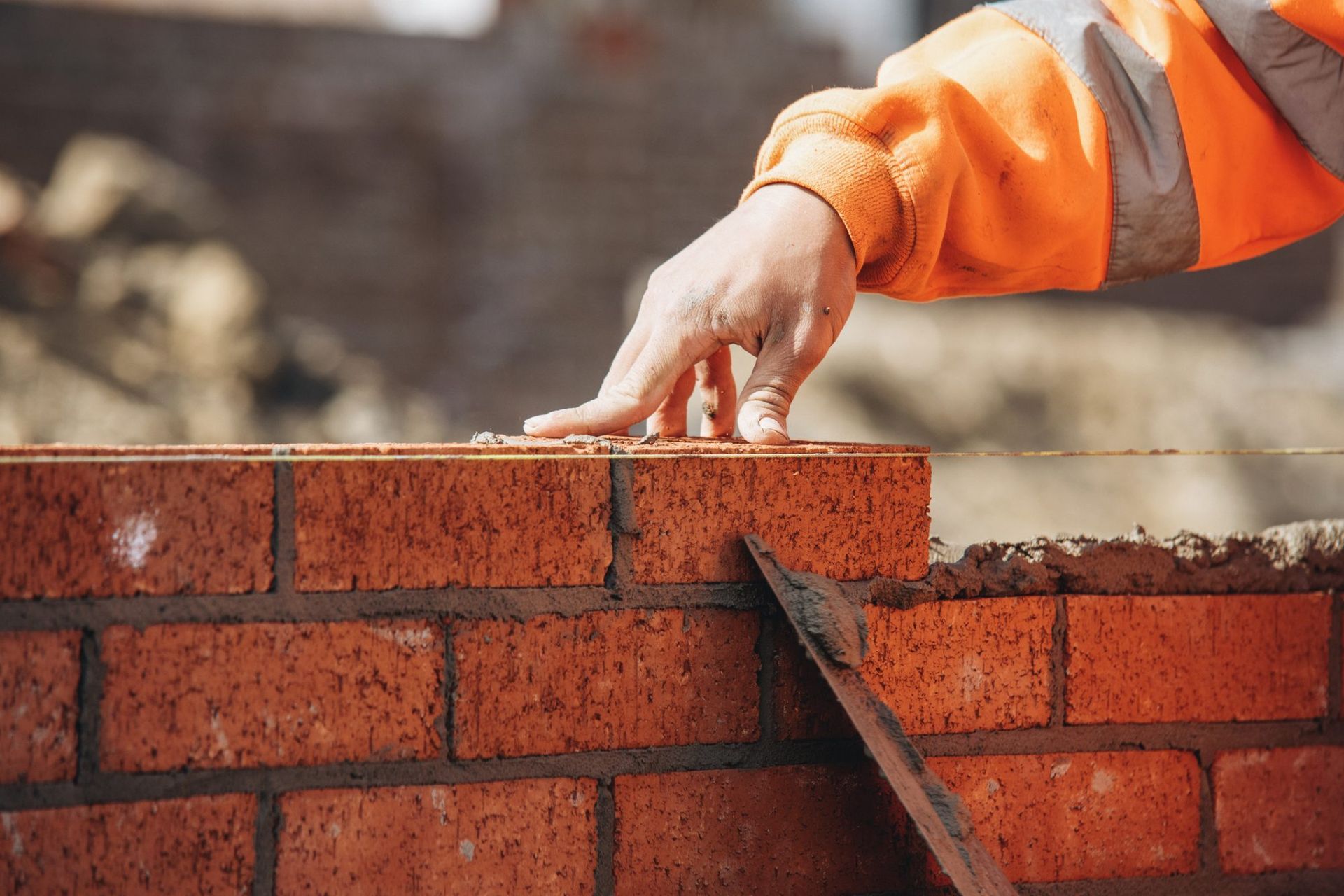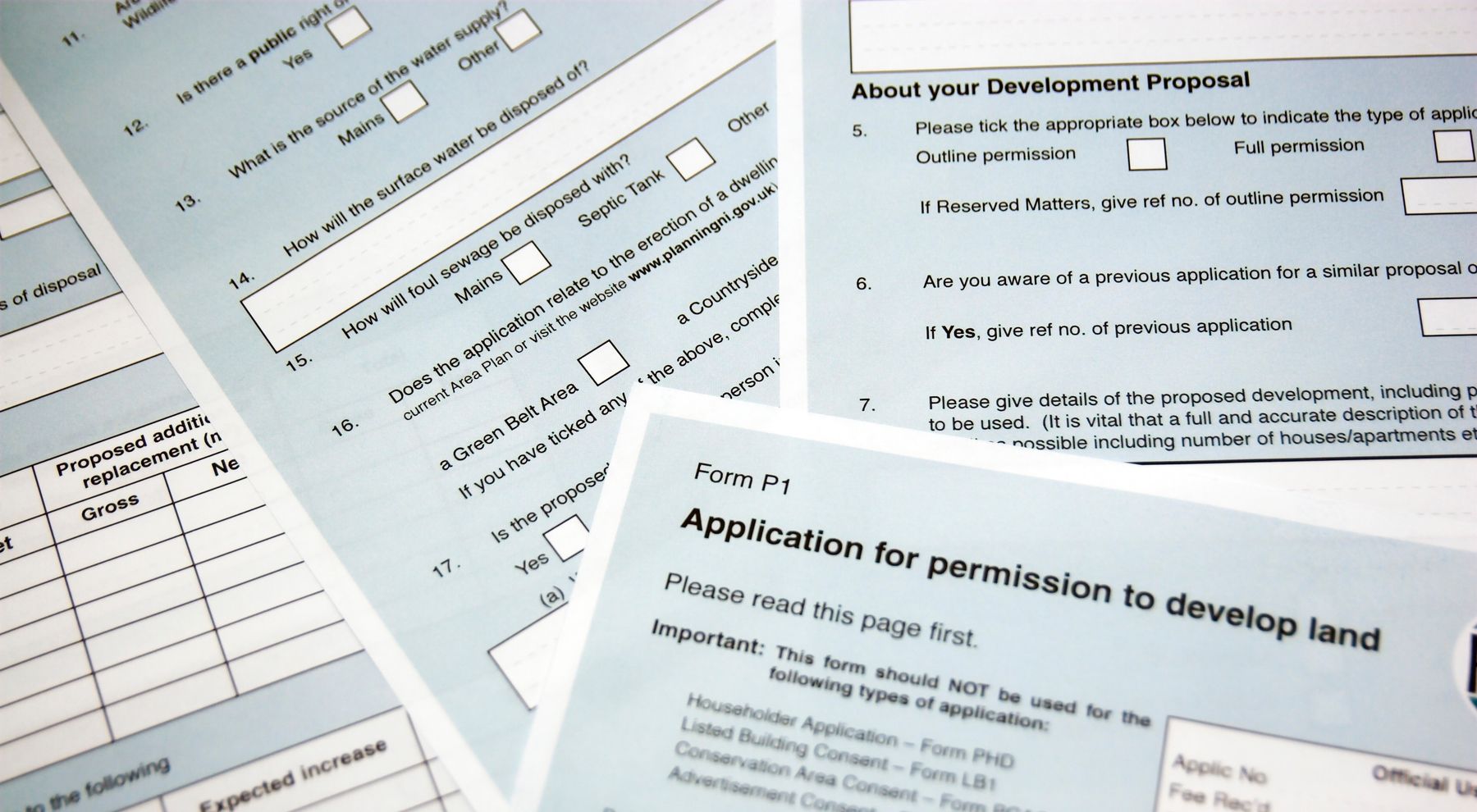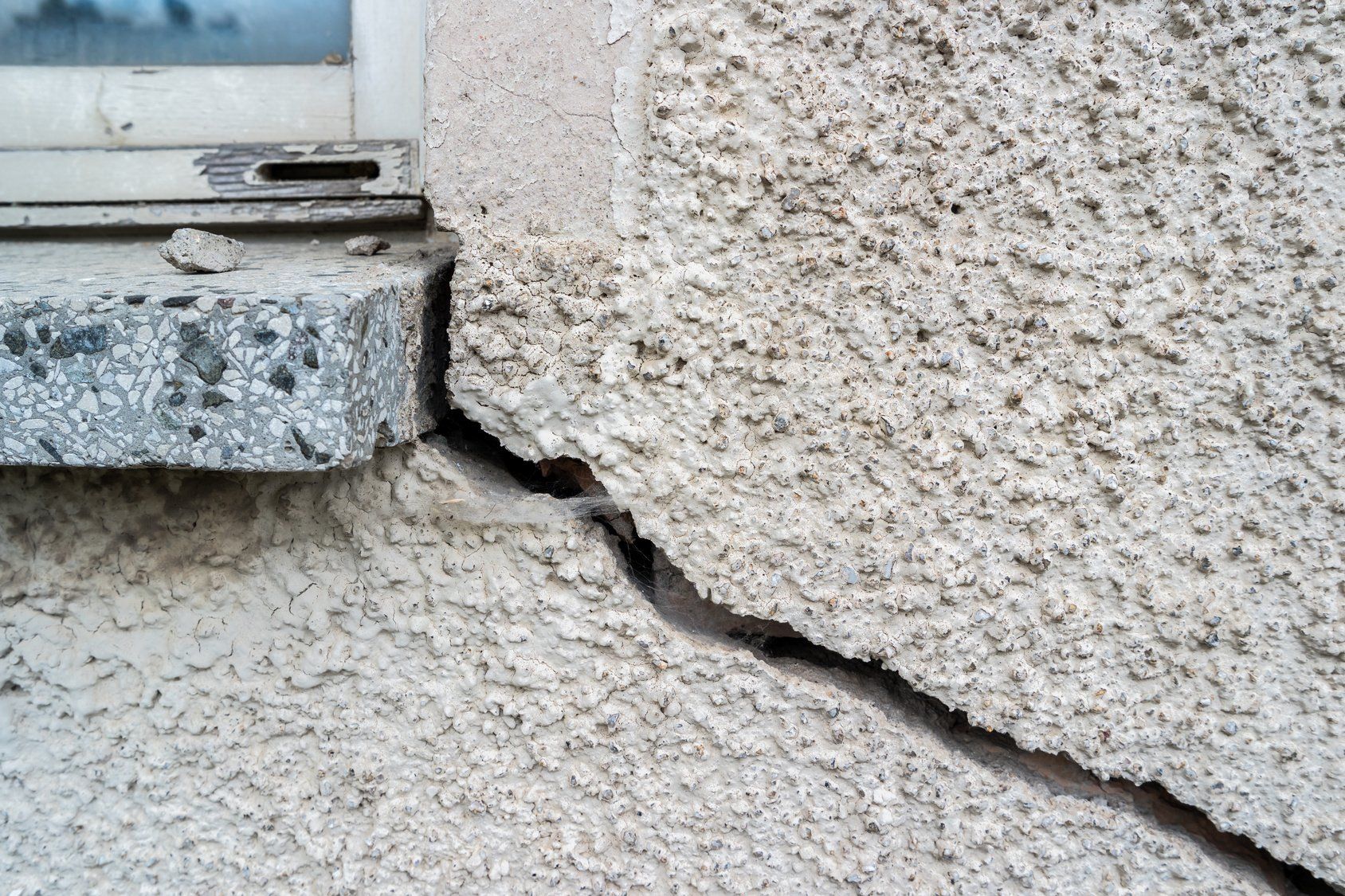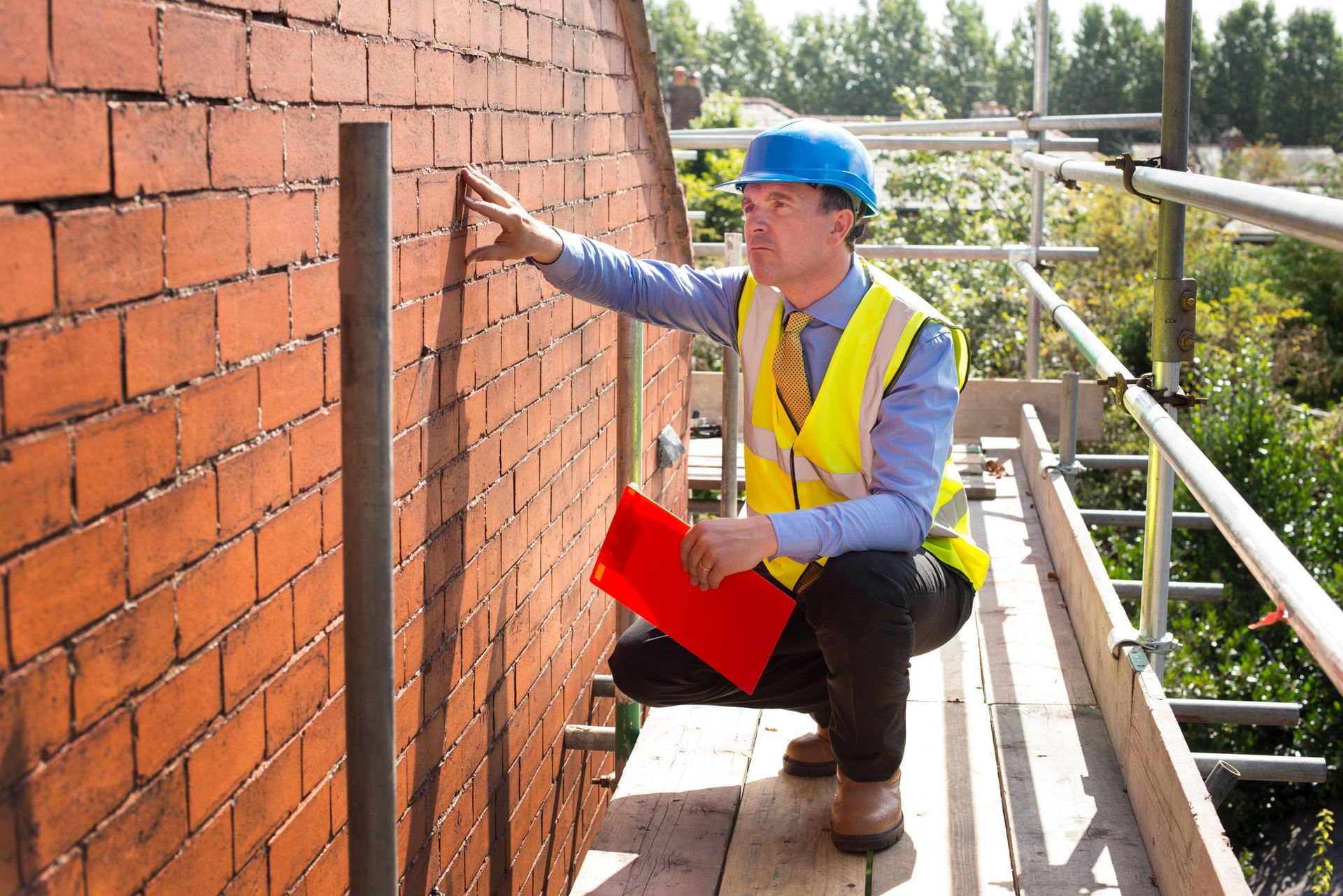From Deciding on Dealbreakers to Arranging a Home Buyers Survey: Everything You Need to Know About Buying Your First Home

When the time comes to buy your first home, it’s an exciting milestone that you’ve probably been looking forward to for many years. With so much build up, it’s easy to get carried away dreaming up interior design ideas and conjuring up idyllic scenes of domestic bliss and perhaps let the logistics fall to the wayside. Of course, you’re allowed to be excited, but it’s crucial to bear in mind that buying property is a delicate process which requires a great deal of careful consideration and most importantly, even more preparation.
From saving for a deposit to knowing what to ask during a house viewing, there’s all sorts of things you’ll need to take responsibility for. You want to feel confident in your decisions throughout the entire process; after all, it’s probably the biggest purchase you’ll make in your life.
To help you to feel confident and ensure you don’t miss out any crucial aspects, we’ve put together this step by step guide for buying your first home. From setting your budget right through to exchanging contracts, we’ll take you through the entire process so that you never miss a trick.
First and foremost, you need to set yourself a budget and start saving. If you’ve come to the decision that you’re now financially comfortable enough to buy a home, then you’re probably already well-versed in saving, as property deposits are a considerable lump sum. However, it’s not just the deposit that you’ll have to pay for. There are a whole range of costs involved and it pays to understand all of them well before making an offer:
● Up front costs: deposit, stamp duty land tax, valuation fees, surveyor fees, legal fees, electronic transfer fees, broker fees and removal costs.
● Mortgage: mortgage rates (of which there are different types e.g. standard variable, fixed rate, capped rate, tracker rate, discounted rate and offset mortgage) and life insurance.
● Ongoing costs: property insurance, council tax and utility bills, and maintenance and repairs costs.
Despite all of these additional costs, it goes without saying that the deposit is the biggest lump sum you’ll have to save up for; at the moment, the national average is £25,588. A deposit usually equates to around 15% to 20% of the cost of the home you’d like, depending on where you live in the UK. This may sound like a lot, but thankfully, there are various government backed schemes in place to support home buyers, particularly first-time buyers.
The most popular scheme is the Help To Buy scheme, which allows home buyers to purchase a property with just a 5% deposit. The government offers an equity loan to first-time buyers looking to buy a newly-built property that costs less than £600,000. They borrow the loan for five years interest-free, which equates to around 20% of the purchase price, but can be up to 40% in London.
Once you’ve got your finances in order, you can start getting excited about hunting for your dream home. If you’ve watched any daytime property programmes, you’ll know that there’s a wide range of factors that you’ll have to consider when drafting up your list of must-haves. Here are just some of those factors:
●Cost
●Location and neighbourhood
●Local amenities (schools, workplaces, transport links)
●Number of bedrooms
●Outside space and/or a garden
●Type of property (new build or a ‘project’)
●Additional extras (shed, garage/off-street parking, basement, loft space, etc)
●Style (modern and open plan or traditional with period features)
You should make a list of all the things you want, which will include deal breakers. For example, if you plan to stay in the property for a long time, you’ll want spare bedrooms, or at least the potential to extend. But remember that you’ll have to make some compromises too; having one must-have might mean sacrificing something else.
Be sure to include both your deal breakers and your compromises so you’re clear on them when viewing properties. If you’re moving with a partner, this could be a testing discussion but hopefully, you’ll be able to negotiate a list that includes things that matter to the both of you.
Now that you’ve got an ideal property in mind, you can get started with your property search. Soon enough, you’ll no doubt start arranging viewings. House viewings are crucial, and it’s important that you make the most of the time you have in each property and with the agent. Below, we’ve got a list of tips so that you know how to ‘do’ a viewing:
●Before your viewing, walk or drive past to take a look at the property’s exterior and explore the neighbourhood. Whilst you’ve read the information on paper, it pays to check things out in the real world.
●Prepare a list of questions you’d like to ask and bring a notepad with prompts so you can make notes to refer back to later on.
●Bring someone with you like a partner or a friend so you can bounce ideas off of each other and benefit from a second pair of eyes.
●Be thorough and nosy - after all, it’s a major purchase and you’ll want to make sure you understand the entire property. Look inside cupboards and in the loft, inspect the exteriors and the garden, and even ask to see the utility and council tax bills.
●Ask which items will be included in the purchase, as sometimes homeowners will take appliances, carpets and other things like curtain poles with them.
●Keep your eyes peeled for obvious damage like damp, subsidence, peeling paint, tide marks, steamed up windows, stains on the ceiling.
●Build a rapport with the seller, as this may play in your favour if you make an offer.
After much deliberation, you’ve finally reached the exciting moment of finding a property that’s right for you and you’re preparing to make an offer. This is an extremely delicate process, so you need to make sure you’re prepared. Here’s some helpful advice for making an offer:
●Compare the price of similar properties in the area and if yours is more expensive, work out why - could you negotiate?
●Make sure your finances and documentation are ready to go, including proof of funds, your mortgage agreement and personal ID.
●Decide on a bidding strategy. Either make your first offer your best offer to show you’re serious and don’t want a drawn-out negotiation, or, make a lower offer and try to bargain, giving yourself wiggle room should the first offer be rejected.
●Find out the seller’s position, for example, how long has the property been on the market? Or are they willing to wait out for a higher price?
●Stress your position, for example, if you’re a first-time buyer you won’t be in a chain (nothing to sell before you buy), which will appeal to sellers.
●Finally, remember to act quickly and if your offer is accepted, you should protect your purchase by asking for it to be taken off the market straight away.
Find a surveyor and complete the negotiations
Once you’ve got an offer accepted, you’ll be within a crucial window to solidify it and make sure it goes through. Again, preparation is key here and you’ll need to know which stakeholders to communicate with, for example:
● Mortgage lenders: your mortgage should already be in place, so you’ll just need to go back to your mortgage lenders with the agreed offer. In return, they’ll give you a formal offer so you can exchange contracts.
● Solicitor or conveyancer: you’ll need a legal representative to handle the legal work to transfer ownership of the property to you. They’ll contact your local authority and the Environment Agency to check there’s no major problems with the property.
● Property surveyor: your mortgage lenders will need a valuation, so at the very least you’ll need to hire a surveyor to do this.
Finally, you’ll need to do a final check that your property is in the condition you think it’s in and for this, you’ll need a surveyor. Whilst you may have carried out an extremely thorough house viewing, or even seen the property for a second time, an experienced property surveyor can ensure that you haven’t missed anything. All buyers require a valuation, however, you can upgrade to a full survey, or carry out a separate home buyers survey. This is more detailed than a property valuation, and is also known as a property or building survey.
A property survey is recommended for first-time buyers, as it’s unlikely that you’ll be very experienced in property and may not spot potential problems or issues with your new home. What’s more, if you’re concerned about the structural integrity of your property, you could go one step further and find a local structural engineer to carry out a full structural survey.
Using the findings from either type of property survey, you may potentially be able to negotiate the final price. This is the final stage of negotiations and you’ll then be ready to exchange contracts and collect the keys to your lovely new home.
Simon Levy Associates: Offering house surveys and other chartered surveyors services across London, Greater London and the Home Counties
If you’re deep in a property search for a brand new home, soon enough you’ll require the services of a professional and trusted team of chartered building surveyors; look no further than Simon Levy Associates.
Established in 1986, we’ve been offering reliable and experienced property services for over 30 years. Our services include party wall notices, expert witnesses, full building and structural surveys, planning matters and much more, so if you’re in need of a property expert, contact us today.

